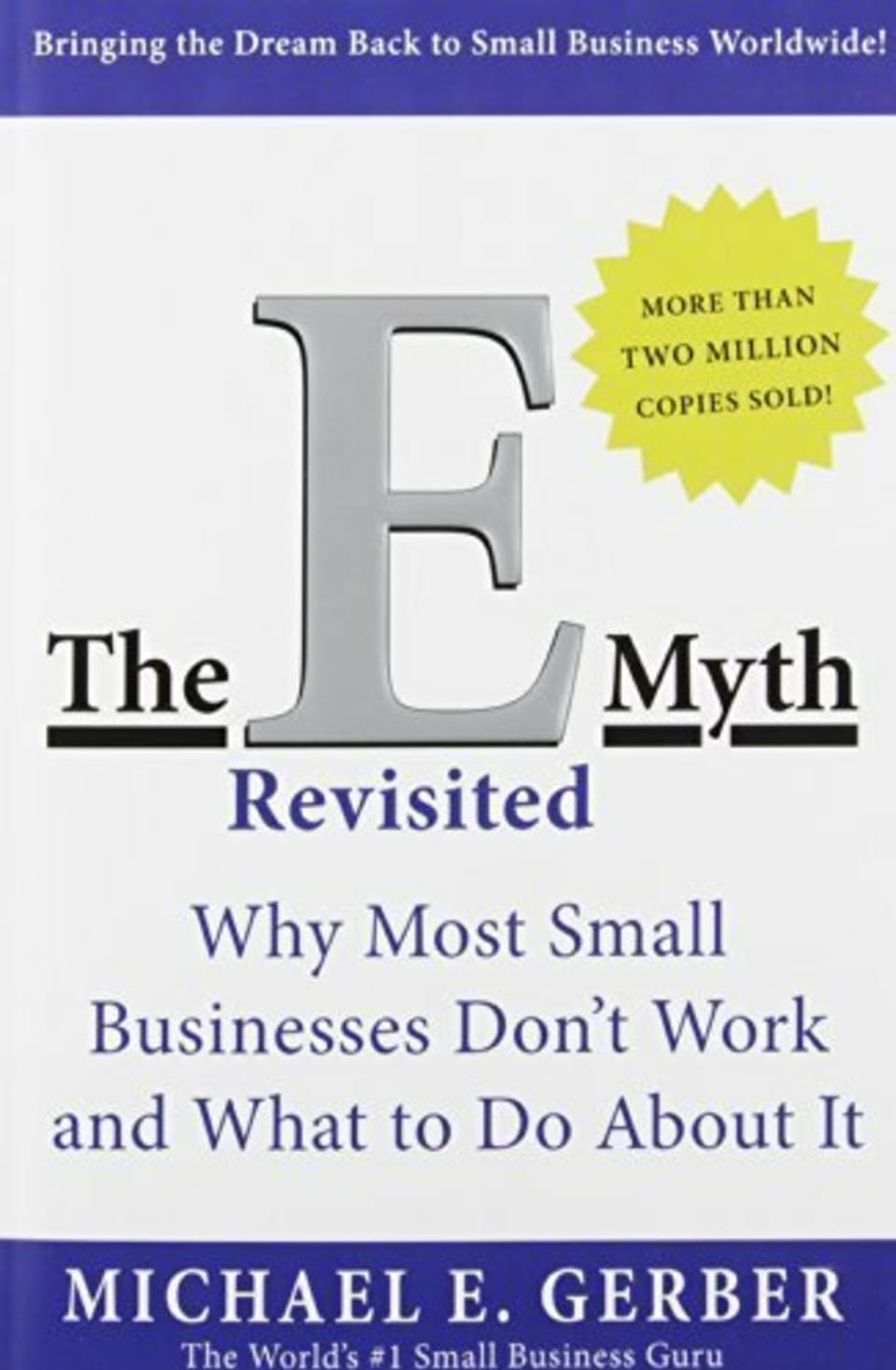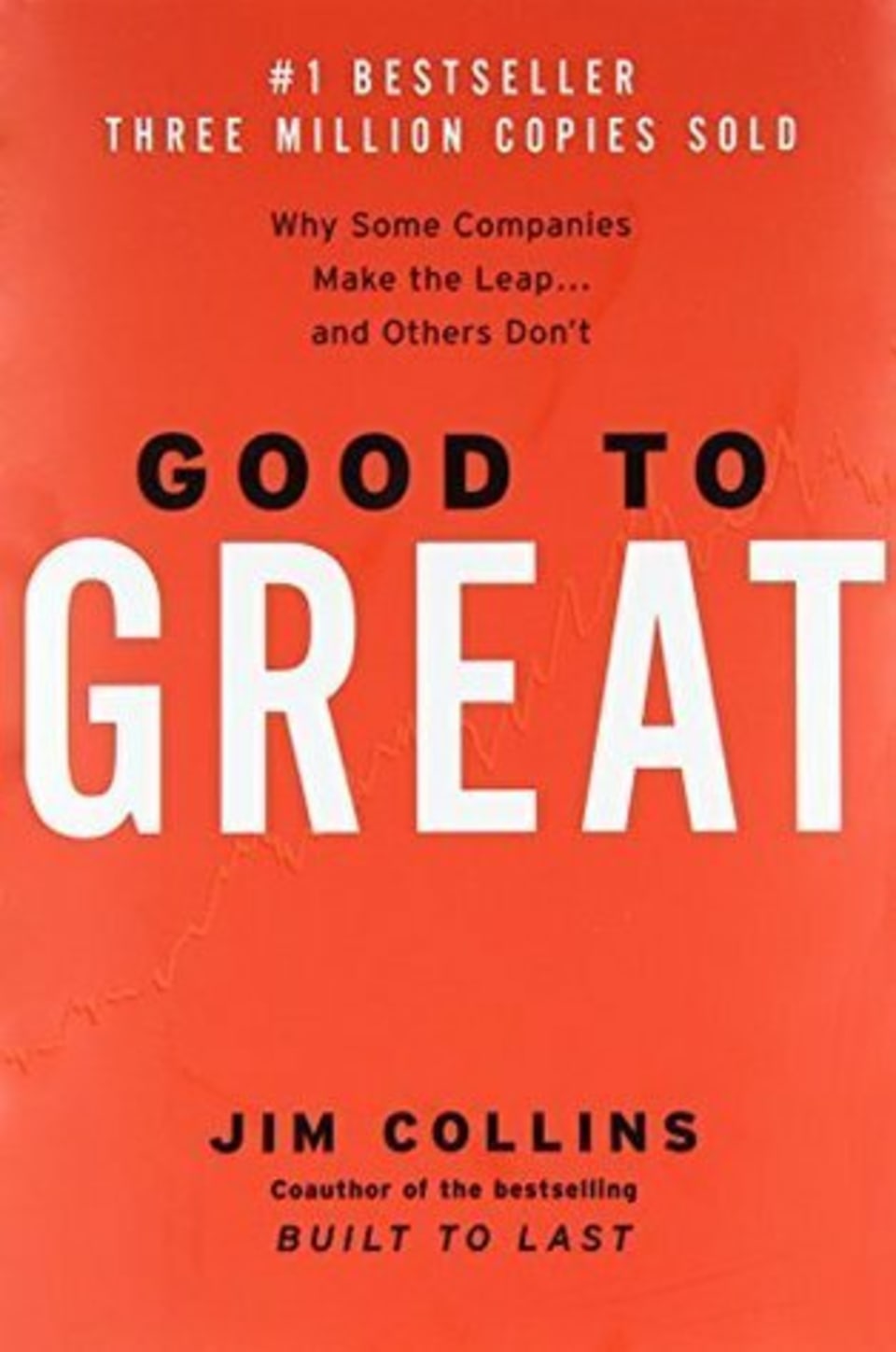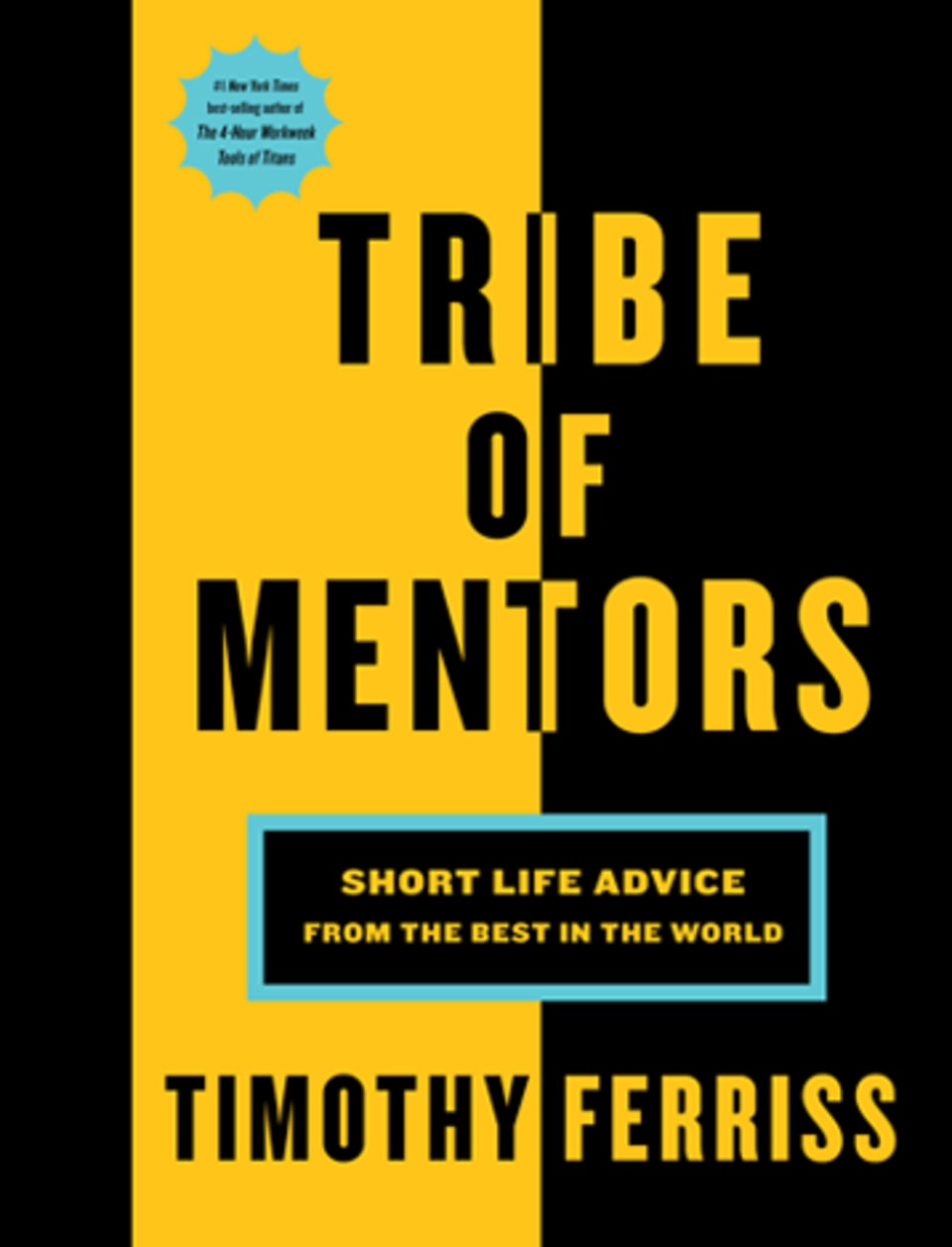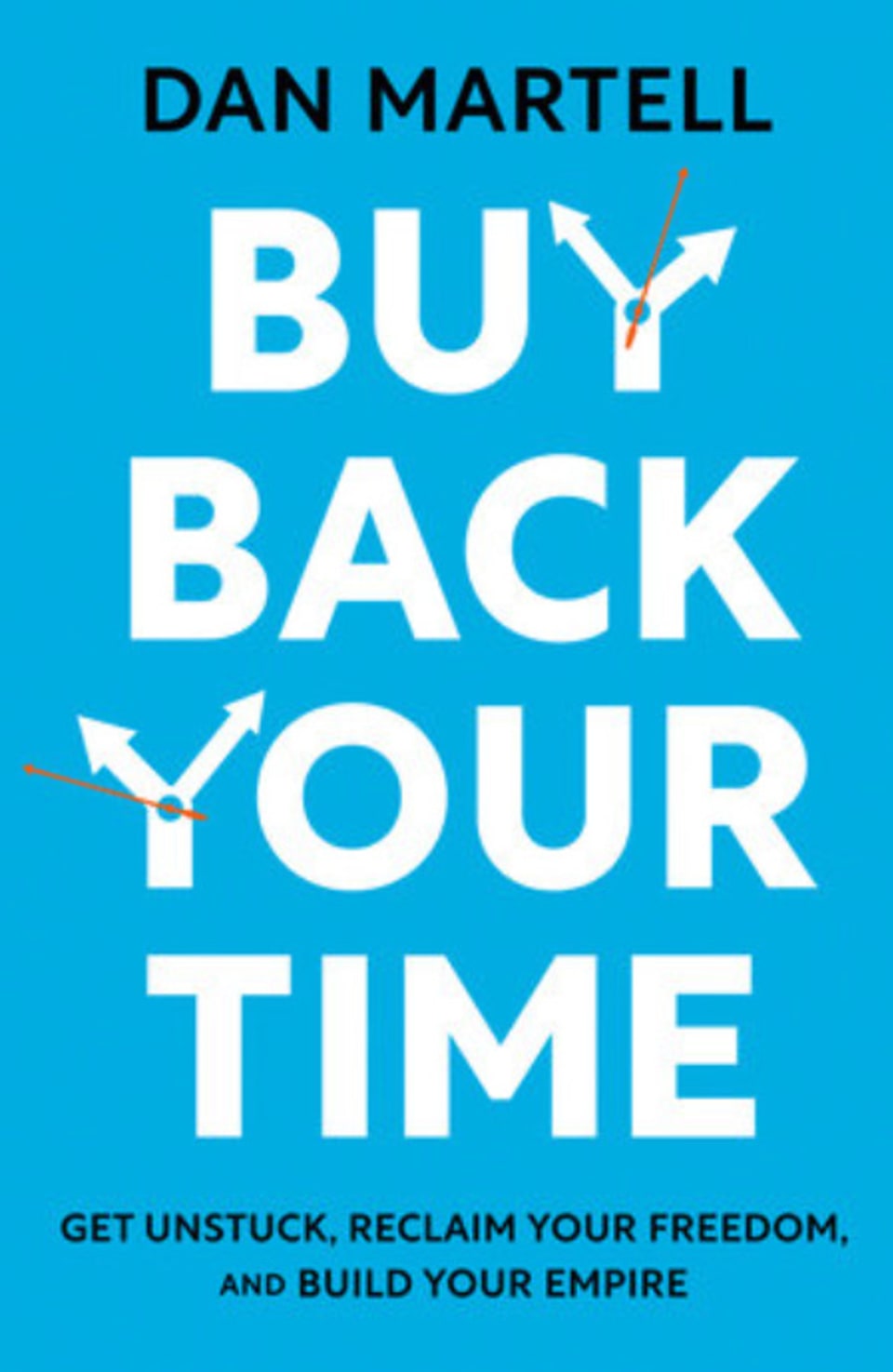Biggest Wins In Our Marketing & Advertising Careers - Part 2
In our previous episode on the "Biggest Wins of Our Marketing Careers", we discussed some of the biggest "Yey!" moments we had. Turns out, we have even more to talk about (After all it's always good to celebrate the wins - big and small!). In this episode, we are talking about more wins, and the resources that helped us win (cue some really cool book recommendations).
Let's go!
--------------
James: I'm Noah, and he's James, and we're back for the greatest wins in our careers!
Noah: You had a good one on the last episode, and you were just about to explain and drop a bombshell. What was that?
Unchartered Waters.
Noah: Yes! It was about trying something new that you've never done before and succeeding and that's the greatest feeling! I had that as one of the “never do this,” and I think it's because it was adjacent. It wasn't a complete departure from what we're used to. So, the win was that the same client moved into cannabis, and I had a great win with them. We did an amazing job on their alcohol beverage packaging, and he decided that he wanted to move into the Cannabis world and this is 2018, so cannabis is just becoming legal, and so they're hiring all sorts of Beverage and alcohol professionals, and they need packaging and nobody has built packaging before. Like nobody in the country, nobody in the world, because this is a brand new product and brand new regulations have just been issued from Health Canada, and somebody has to go through all of the Health Canada stipulations for what can be on packaging and what can't be on packaging, and the size relation to each one.
No agency wanted to do that. The agency's hourly rate was so high that it became cost-prohibitive to hire a big agency for most clients to do this. So my client came to me, having a great experience previously in the beverage alcohol world, and said, “Can you help us develop and design our packaging in a totally new industry?.” I said absolutely!
James: Right, because you built the processing systems to do packaging in the alcohol world, and now you can transfer those skills because they're adjacent.
Noah: But you know, the nuances in the Cannabis packaging being strict, like “this logo has to be relative to this THC logo placement and size and this type.” It was very strict, and the biggest win that we had there was when we launched because we had spent the time to go through all of the different Health Canada regulations; we actually launched with packaging that had colour on it. I had talked to a bunch of different designers, and they said, “Oh, it has to be black or white,” and I was like, “You just heard that you didn't read the regulations,” and they designed just black packaging because they thought that that's how it had to be, and we came out with green and orange and purple and it stood out on the shelf and our client was thrilled!
And, of course, they were because they stood out on the shelf, and they ended up selling out a product, so it was kind of cool.
Systems for the win!
James: My win is developing systems! Over time, that has made us more efficient as a team and also catch more problematic areas, like where you would fall into this trap of spelling something wrong or doing the wrong price on something or missing information or whatever.
To your point where, after you've had some successes, how do you repeat that and scale that? I think the secret to scaling a marketing agency is being able to have systems that increase your efficiency and allow your team to be a better team overall. So it's the systems, I would say, and I have a list of books I wanted to share (shared below). We figured out some of the processes ourselves, we have a lot of systems, a lot of spreadsheets, a lot of Google Sheets and Google Docs that we use as kind of a repository of our own. And then we have other templates for the other tasks, for example, templates to make quotes, templates to track projects, templates to measure the success of projects, so all sorts of systems.
But some of the best books that I've got systems out of and ideas are these books!
The E-myth Revisited
This one book, The E-myth, got me to think about running even a small company with the idea that you're going to franchise your company. You know, when we were four or five people; that was ridiculous to start thinking that way, but it was the first time I had to do that mental exercise of looking around my company and thinking what I could systematize. As if my company was McDonald's and as if I was going to open up the next one in the next town and then another one and another one and then 50 of them. You have to have an operational process for almost every single position, with different tasks, and to make them teachable and repeatable and make them successful and catch some mistakes. E-Myth was a really cool book on that one.
Good to Great
Tribute of Mentors
A tribe of mentors", like Tim Ferris - really, really cool ideas there, from all different leaders in different industries and aspects.
Buy Back Your Time
“Buy Back Your Time” by Dan Martell. In our recent hiring process, we almost lifted the exact process from his book, and I think he got it maybe from somebody else, too. Some of the golden rules there were “never hire anybody that you haven't worked with before.”
Like what?! That's impossible! How do you do that? That was, I think, Seth Godin’s quote, and Dan brought it up in the book. His way of only hiring someone you've worked with before, even when hiring brand new people, is by giving them miniature projects to work on. You pay them for that, and only the successful people at the end of that hiring process, only the people that successfully complete that mini project that's representative of something they would be doing every day - get hired!
Our (Inspired) Hiring Process!
James: But there are processes before that (hiring someone) which were so cool! The process is where you have your application and your resume, and then you shortlist people. The very next step is your shortlist needs to submit a video of themselves; a selfie video, and you learn so much about people when they have to submit a selfie video, and they have to answer us like three or five questions. They are open-ended questions, so you get to hear them speak - what they say, how they think, how they produce the video, how they send the video, how many times they ask questions about what to do, and do they get stuck in the project. You get to see if they're even techy enough to shoot a video on their phone and send it to you, to upload it to a Google folder or whatever - like there are so many different things you can find out during this video process.
What they actually answer isn't as important as you think. It's how they do it all, and it was really cool. After that, the people who passed that video interview process (which also saves you a lot of time because you're not doing a million Zoom calls or a million face-to-face interviews) get an actual task that's paid. If that's successful, you now have a reasonable confidence that they're going to be good to work with for sure, because you've seen their personality as well and how they think and talk, how they do stuff and how they follow instructions.
The amount of people who missed one of the five things they had to do was mind-boggling. They couldn't follow five steps, and they self-eliminated. It's a really good hiring process: That's “Buy back your time” by Dan Martell.
So “systems” is a big win! Implementing systems, following them and improving them…
Noah: I think that one of the things I noticed being here is that your systems are really dialled in, and I lost that when I wanted to go into a smaller agency. I come from a big agency with tons of systems and tons of processes, and I just was so sick of it. I was like, “How do we simplify this? How do we make it easy to use?” It actually ended up burning us out.
And then, you know, being here and seeing all the processes and all the different Google Sheets and spreadsheets - It all makes sense. It all funnels down into success and ensures that people are actually paying attention to the little nuances and details, and that's really cool.
Micro-wins
Noah: I was going to give a shout-out to TWP because that was such an easy, simple and beautiful project, and they were so happy and thrilled with it! That, to me, was a really good local micro-win. The client was thrilled, and that goes back to having the systems.
James: You're doing something you know you can do well; you have systems in place to make sure it's a good outcome. You're using tools that you're familiar with, so there's a low risk going into it, and it's also that the scope was defined very well, and then you met expectations, and you stayed within budget, and you reigned yourself in from doing something they didn't ask for, but you thought it was so cool you just had to do it and then you ruin the project for yourself. So you didn't do that.
Noah: I did do that, though - do you remember I did their logo for free?
James: You can't say that on camera!
Noah: Okay, no one ever does free work. I never do free work. he doesn't ever do free work, but it did make the process a lot simpler.
James: If you want free work, you know who to email, and on that bombshell, thanks a lot! This has been fun - Like, Comment, Subscribe!
Check out our previous episode: Biggest Wins In Our Marketing & Advertising Careers - Part 1
“Between Two Creeks” is Twin Creek Media’s weekly podcast series. You can find us on YouTube, Facebook, Instagram, and Spotify. If you enjoy listening to the latest and wonkiest in marketing every week, don’t forget to hit that subscribe button! If you want us to amp up your marketing, click here to contact us and let’s chat!




